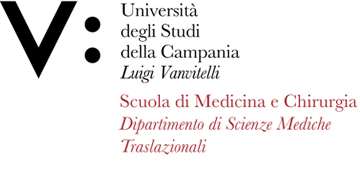Maria PAVIA
Insegnamento di HYGIENE AND PREVENTIVE MEDICINE
Corso di laurea magistrale a ciclo unico in MEDICINA E CHIRURGIA
SSD: MED/42
CFU: 5,00
ORE PER UNITÀ DIDATTICA: 50,00
Periodo di Erogazione: Primo Semestre
English
| Teaching language | English |
| Contents | 1. Objectives and tools of hygiene and preventive medicine |
| Course objectives | At the end of the course, the student should be able to: |
| Prerequisites | Methods in epidemiology |
| Teaching methods | Frontal lessons and discussion with students. The lessons will be divided into three parts. A brief introduction to resume the topics developed in the previous lesson, answers to questions on the topics developed and presentation of new topics. |
| Evaluation methods | Evaluation of the student proficiency is based on an oral examination. The oral exam covers all the aspects of Hygiene and Preventive Medicine described in the syllabus. During the examination, the student should be able to discuss the topics and be able to connect and analyze the different subjects. The oral exam is aimed at verifying the student’s ability to apply knowledge and methodologies of hygiene and preventive medicine acquired during the course to face and solve population health needs, with particular regard to the specific role of the physician in the management of public health and preventive medicine issues. The final grade is expressed in 30/30 where 18 represents the minimum and 30 the maximum. |
| Course Syllabus | 1. The objectives and tools of Hygiene and preventive medicine |








